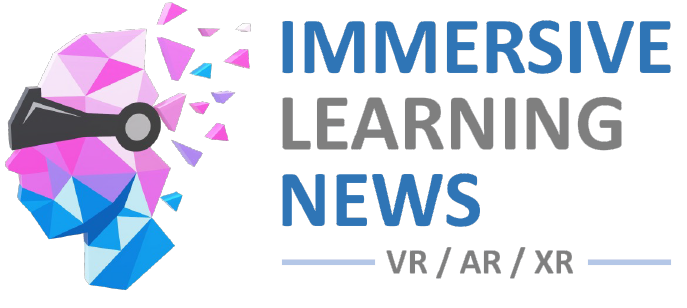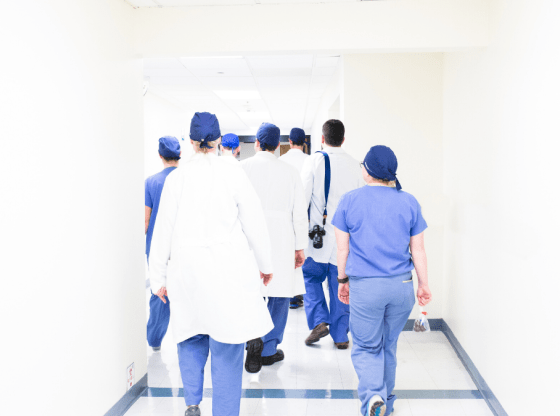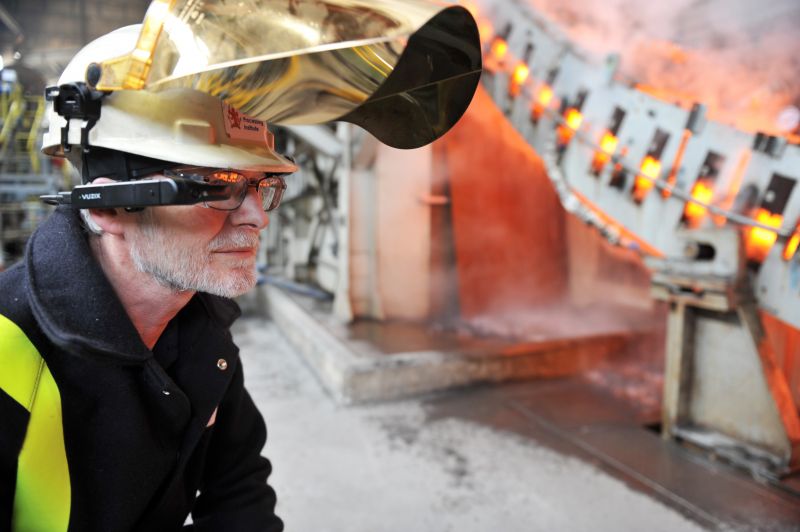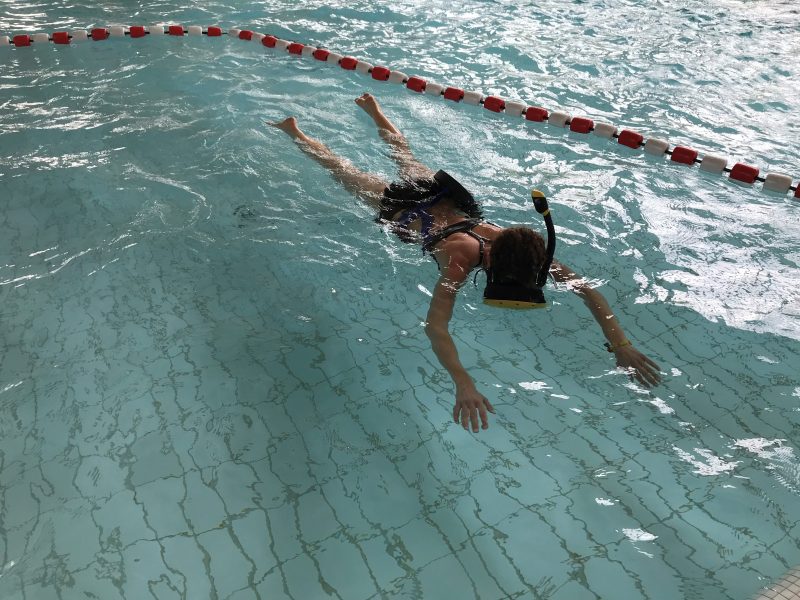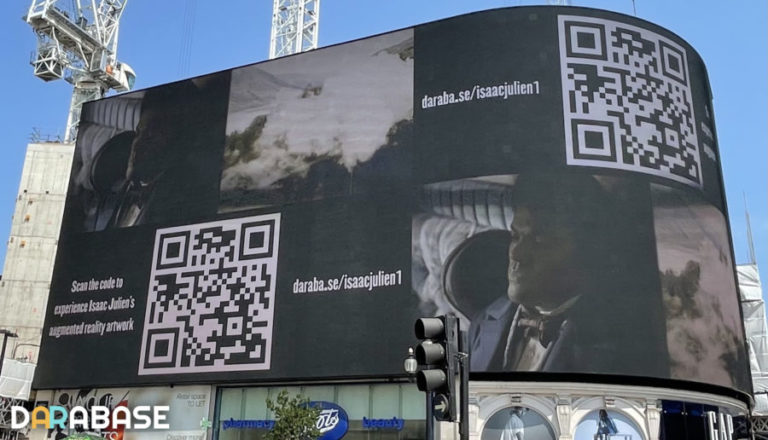Virtual reality (VR) provides new and seasoned medical professionals with access to training and practice that is resource-, labour- and space-intensive in the real world, according to Dr Jack Pottle of Oxford Medical Simulation (OMS).
Quick read
➨ OMS develops life-like VR training simulations for medical trainees new to healthcare and seasoned professionals on a path of continuous development
➨ Its VR system is being used at the Oxford Simulation, Teaching and Research (OxSTaR) centre based at the John Radcliffe Hospital in Oxford
➨ ‘Everything we do for the learner sets out to improve their confidence and performance, and in turn, improve patient care’
The story
OMS develops life-like VR training simulations for medical trainees new to healthcare and seasoned professionals on a path of continuous development.
The London- and Boston-based company delivers simulation globally, including at Oxford University where it is used to train medical students and doctors.
Its VR system is being used at the Oxford Simulation, Teaching and Research (OxSTaR) centre based at the John Radcliffe Hospital in Oxford.
From their base at the main teaching hospital for Oxford University Medical School, students are using Oculus headsets to access libraries of medical emergencies that allow them to simulate the treatment of a range of conditions such as sepsis, heart attacks, diabetic emergencies, seizures and anaphylaxis.
Oxford University decided to employ VR for medical training in order to help more students get through the simulation aspect of their studies.
Pottle, who is chief medical officer at OMS, says that training in VR is ideal for students for several reasons. He explains: “Everything we do for the learner sets out to improve their confidence and performance, and in turn, improve patient care. The learners really see and understand that, so their engagement with our simulations isn’t based on gamification as such, it’s based on that ability to improve their performance. Learners want to repeat the scenarios so they can become better at treating patients.”
“Learners also react well to our VR scenarios because they feel real. VR allows them to get quality clinical experience, anytime they want, without being watched by their peers. So there is less pressure, they can make mistakes and have the freedom to go back and improve their performance.”
Pottle continues: “Practicing like this is something that people outside of healthcare likely take for granted, but as a healthcare professional we’re not able to learn through practice without being with a real patient or going through physical simulation with mannequins or actors. And medical professionals don’t get enough experience with physical simulation because it’s very resource-, labour- and space-intensive.”
“At OMS we pride ourselves on building realistic scenarios from our clinical experience and the latest evidence. We have world class artists and animators, have character artificial intelligence to simulate realistic patient behaviour, and unwellness systems that make patients look sick. These are things we can’t do through physical training. We build in dynamic physiology to reflect the effects of medications, and build environments that you can’t replicate in the real world.”
Quelle:
https://vrworldtech.com/2019/11/08/oms-on-using-vr-to-train-medical-professionals/
